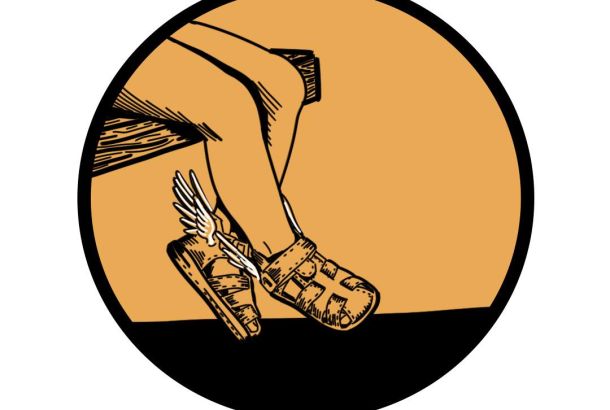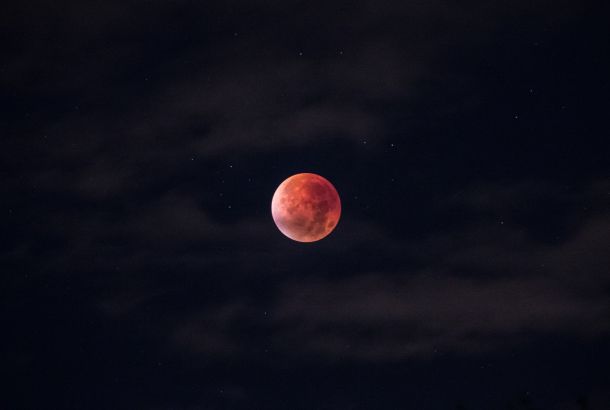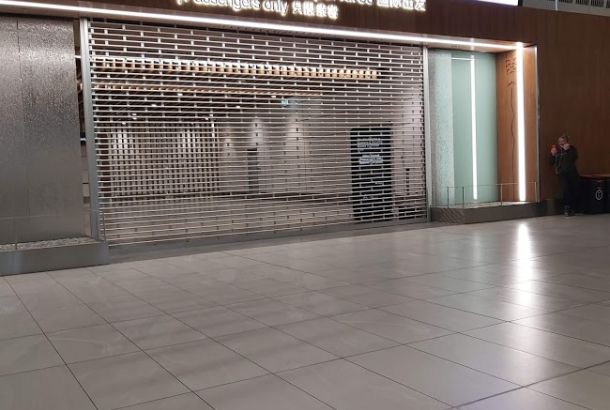The lockdown that unlocked humanity by Haya Genawi

The lockdown that unlocked humanity
For the first time, the world was one:
the stillness had begun.
People called old friends,
became new lovers
or learnt to make amends.
In a world where time was once feared,
It had now cleared
the minds of many,
Today is as important a day as any:
time to take to the street, become marching
warriors with people we meet.
Educating neighbours,
we prayed to be the saviours of a corrupt society,
In the lockdown that unlocked humanity.
— Dedicated to the Black Lives Matter Movement worldwide.
Haya Genawi, an undergraduate student studying BA English Literature. You can find more of her work on Instagram or Tumblr, both with the handle @Hayasworks. Her poem ‘The Lockdown That Unlocked Humanity’ explores the changes to everyday life after the arrival of COVID-19. On the topic of her poem, she says, ‘during the lockdown, a societal discourse was sparked by the Black Lives Matter protests following the murder of George Floyd. By having experienced a period where we were no longer chasing time, we could recognise the importance of [time]. Overall, this poem is a reminder of what we choose to make of our humanity’.







